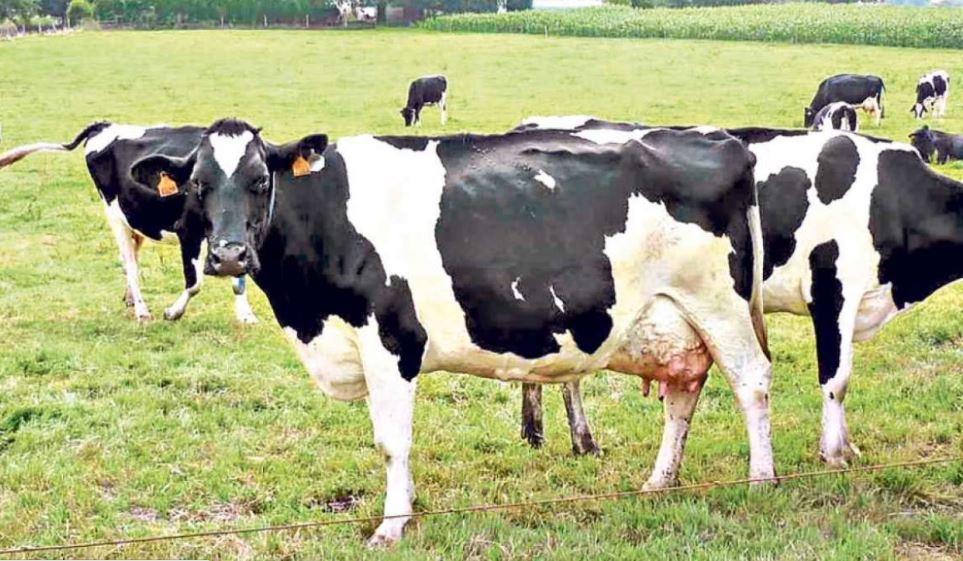For the first time plastic has been found in the blood of mammals, according to The Times. This means, based on the food chain, that all the meat some people in society elect to eat may contain plastic. This is based on a study which has just been revealed at the Plastic Health Summit 2021 in Amsterdam.
The Plastic Health Summit focuses exclusively on how the presence of microplastics and chemical additives in the environment is affecting the health of people today and that of the next generations.
The primary concern in relation to the finding is due to plastic in blood being spread to organs around the body. In addition, this means that the findings could call into question safety of breastmilk.
What is not known is the extent that the recovered plastic particles present a risk to any human who might consume the animal, but the trend for both animal and human health protection is not good and it is likely that a greater concentration of plastic particles will be found in the future. The number of plastics that currently enter landfills and the environment is enough to rebuild the standing Great Wall of China with a span of 6000 km every 12 months.
With the new research from Vrije Universiteit Amsterdam, microplastics have been found in the blood of cows and pigs.
According to the lead scientist, Dr Esperanza Huerta Lwanga microplastics in soil can migrate through the soil food chain and eventually into the crops eaten by farm animals. This is to the extent that soil diversity and soil ecosystem services change due to the presence of microplastics. This is in addition to plastic particles being detected in farm animals’ bloodstreams.
Dr. Lwanga is an enthusiastic soil ecology researcher with more than 18 years of experience and more than 50 papers published in international journals.
Dr. Lwanga and the other scientists involved in the study believe the results could have serious implications for overall health given plastic particles entering bloodstreams risk being deposited in these organs. This should lead to an urgent call to review the entire lifecycle of plastics from the production-, to the user- to the disposal phase.
A related concern is with the excess of 650,000 tonnes of unused food, from loaves of bread to Mars bars, are saved from landfill each year in the UK by being turned into animal feed,as the Guardian has reported earlier.














